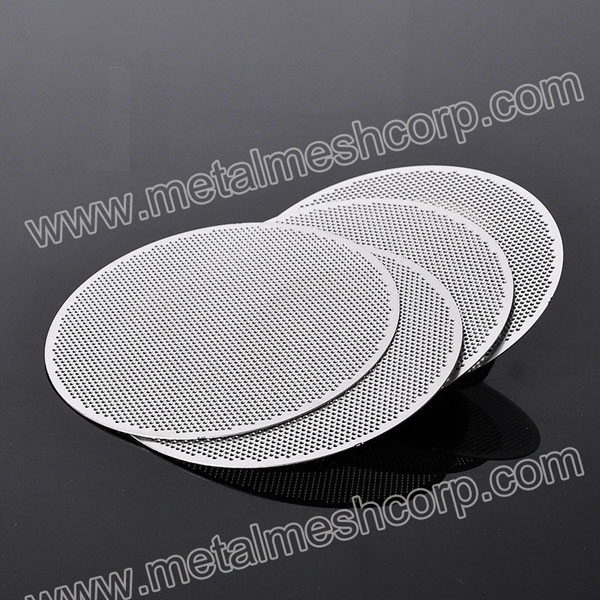● What are the different types of sieves?
● What is a sieve used for cooking?
● What is the definition of a sieve?
● What is a kitchen sieve?
● What is a standard sieve?
● How do you use a kitchen sieve?
● What is an example of a sieve?
● What is the difference between sieving and filtering?
● What is an example of a sieve?
● What leaks like a sieve?
● What is the difference between a sieve and a filter?
Types of sieves.
● Electroformed.
● Perforated plate.
● Acoustic sieves.
● Jet.
● Wet wash.
● Coffee/grain/nut.
In cooking, a sieve is used to separate and break up clumps in dry ingredients such as flour, as well as to aerate and mix them. Also, a filter is a sieve used to separate suspended solids from liquids by filtration.

perforated sieves
A sieve is a device with mesh or perforations through which the finer particles of a mixture of various sizes (such as ash, flour or sand) may pass in order to separate them from the coarser particles, through which liquids may be drained from the material containing them, or through which soft materials may be forced to reduce to fine...
On the other hand, a sieve is made of wire mesh and designed with a long handle. Better have a hook or ring that is placed on the edge of the pan or bowl to make collecting the filtered liquid more convenient. The bowl of the sieve can be round or conical.
Sieve mesh size is based on the size of the sieve mesh size opening, or the number of openings per linear inch. The two primary standards governing test sieves and proper sizing are ASTM E11 and ISO 565/3310-1, both of which specify parameters for aperture size, sieve size, and statistical variation.
Straining food through a sieve produces a smooth liquid and a light, airy dry composition, which makes them ideal for straining soups or sauces for a clump-free result. You can also use them to sift or blend dry ingredients together. Be sure to place a bowl under the sieve before use to avoid losing smoothness.
Example of sieving: Draining water from a pot of pasta. Construction site: Separation of fine gravel from coarse gravel. Separating liquids and sediments in the laboratory using filter paper.
In sieving, particles that are too large to pass through the sieve holes are trapped (see size distribution). During filtration, a multi-layer grid retains particles that cannot pass through the filter's zigzag channels.
Allowing large amounts of private or confidential information to be communicated to the public. Synonym and related words. Tell or reveal one or more secrets. Reveal.
A sieve is a device that can be used to separate larger particles from smaller particles, while a filter is a device that can be used to separate solids from liquids.
Copyright © HEBEI METAL MESH CORP All Rights Reserved Sitemap
